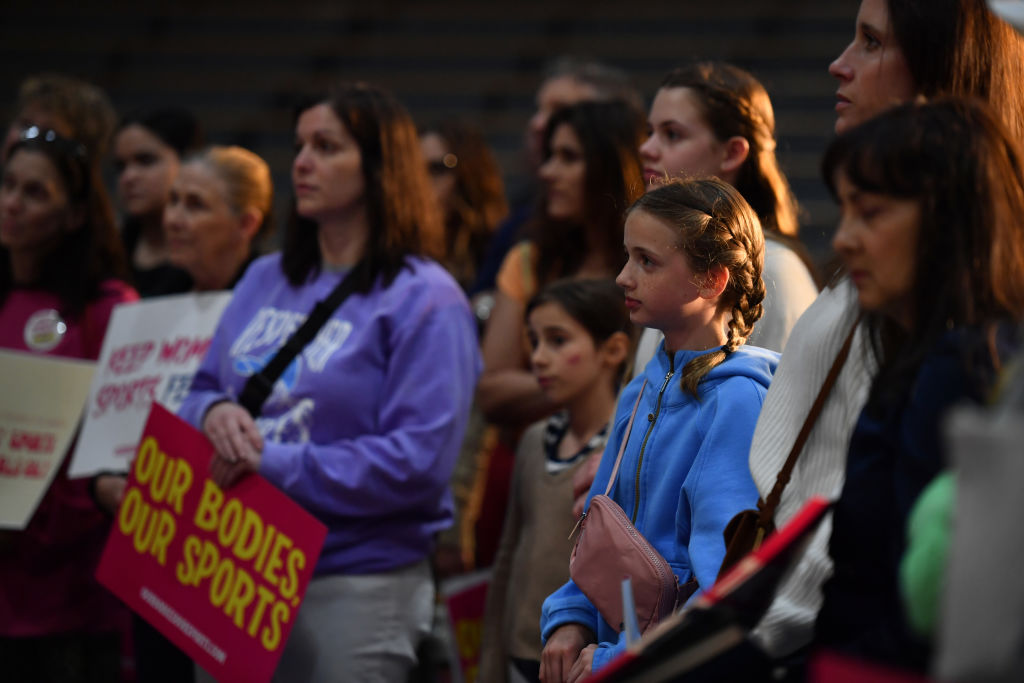Concussion spotters are at the Women's World Cup for first time
The Women's World Cup has introduced independent concussion spotters for the first time in the tournament's history, aiming to monitor players for head injuries during matches as studies show female players are more vulnerable to the effects of concussions than men.
Spotters debuted at the men's tournament last year. The medical personnel will closely follow the games on a monitor, allowing them to watch collisions in slow motion and monitor players' movements. If they suspect a concussion, their job is to inform team doctors.
Studies involving high school soccer players have shown females face a 60-80% higher risk of sustaining concussions compared to males. Additionally, female players tend to display more concussion-related symptoms and take longer to recover after a head injury.
A concussion is a type of traumatic brain injury that occurs when a forceful impact to the head or body causes the brain to move rapidly within the skull. The sudden movement can result in temporary dysfunction of brain cells and chemical changes, according to Glynnis Zieman, a specialist in brain injury and sports neurology.
She said there are challenges in identifying concussions in real-time, but any direct hit to the head usually has a different effect on a person.
"When someone has an impact either on their head or their body, the brain... shakes inside the skull and sometimes twists upon itself. And really the general way to think about it is that even at the small level, the nerve cells kind of stretch," Zieman said.
Former goalkeeper Briana Scurry, part of the victorious 1999 U.S. Women's World Cup team, experienced firsthand the severity of concussions. In 2010, she suffered a particularly serious one after an opposing player's knee struck her temple yet continued playing for another seven minutes.
"You soldier on, you fight through even though I was like, tilting to my left, and the names of the backs of the jerseys were blurry and I knew where I was because I was wearing my uniform, but you'd asked me where I was, I couldn't tell you," she said.
The incident left her with debilitating headaches and cognitive issues, which ultimately ended her soccer career.
Fast forward to today, and Scurry believes the inclusion of concussion spotters is a step in the right direction.
"I think it's coming a long way, but obviously, there's a ways to go yet, but getting back to that concussion spotter, that's a mark of progress," said Scurry.
FIFA is also encouraging coaches to prioritize player safety by getting players checked out after any head injuries sustained during matches. Teams are allowed a "concussion substitution" that does not count toward the usual five permitted substitutions per match, according to FIFA.



